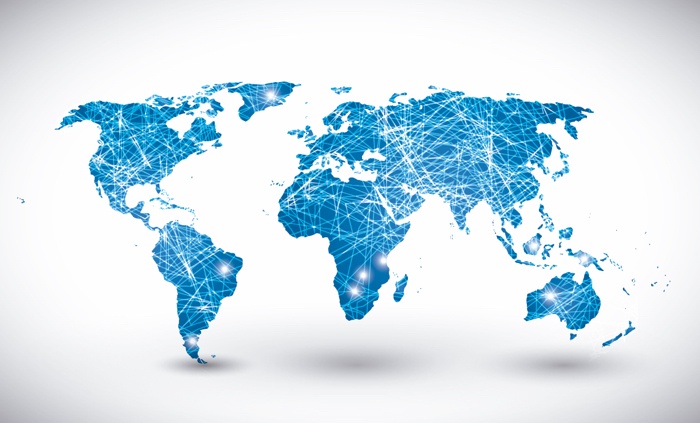
Galileo Science Colloquium
This colloquium brings together members of the European scientific community and their international partners involved in the use of Galileo and other GNSS in their research. The various possibilities to use Galileo and other GNSS satellites for scientific purposes shall be reviewed. The Colloquium contributes to GNSS development in general based on scientific approaches, in particular to raise awareness of those in charge of Galileo development and operations as well as in development of recent scientific achievements in the field.

- Scientific applications in meteorology, geodesy, geodynamics, geophysics, space physics, oceanography, land surface and ecosystem studies, using either direct or reflected signals, differential measurements, phase measurements, radio occultation measurements, using receivers placed on the ground, in airplanes or on satellites.
- Scientific developments in physics with a potential impact on future GNSS, particularly in testing fundamental laws of physics, quantum communication, and general relativity (in particular also taking into account the scientific opportunities in tracking the two Galileo FOC satellites in elliptical orbits).
- Aspects of Metrology such as reference frames, on board and ground clocks, precise orbit determination and time and frequency transfer.
- Scientific aspects of satellite navigation, positioning and its applications, such as signal propagation, tropospheric and ionospheric corrections, multi-constellation aspects, additional sensors and integrated navigation, precise positioning, and other scientific applications such as animal tracking.
- Transversal topics of interest to a wide number of scientific fields including collection of GNSS Big Data (baseband data recording), scientific data archives, supporting ground GNSS infrastructure, novel disruptive technologies for science, the use of cubesats or UAVs for GNSS science, software receivers and low-cost SDR platforms, and the topic of GNSS science and education.


